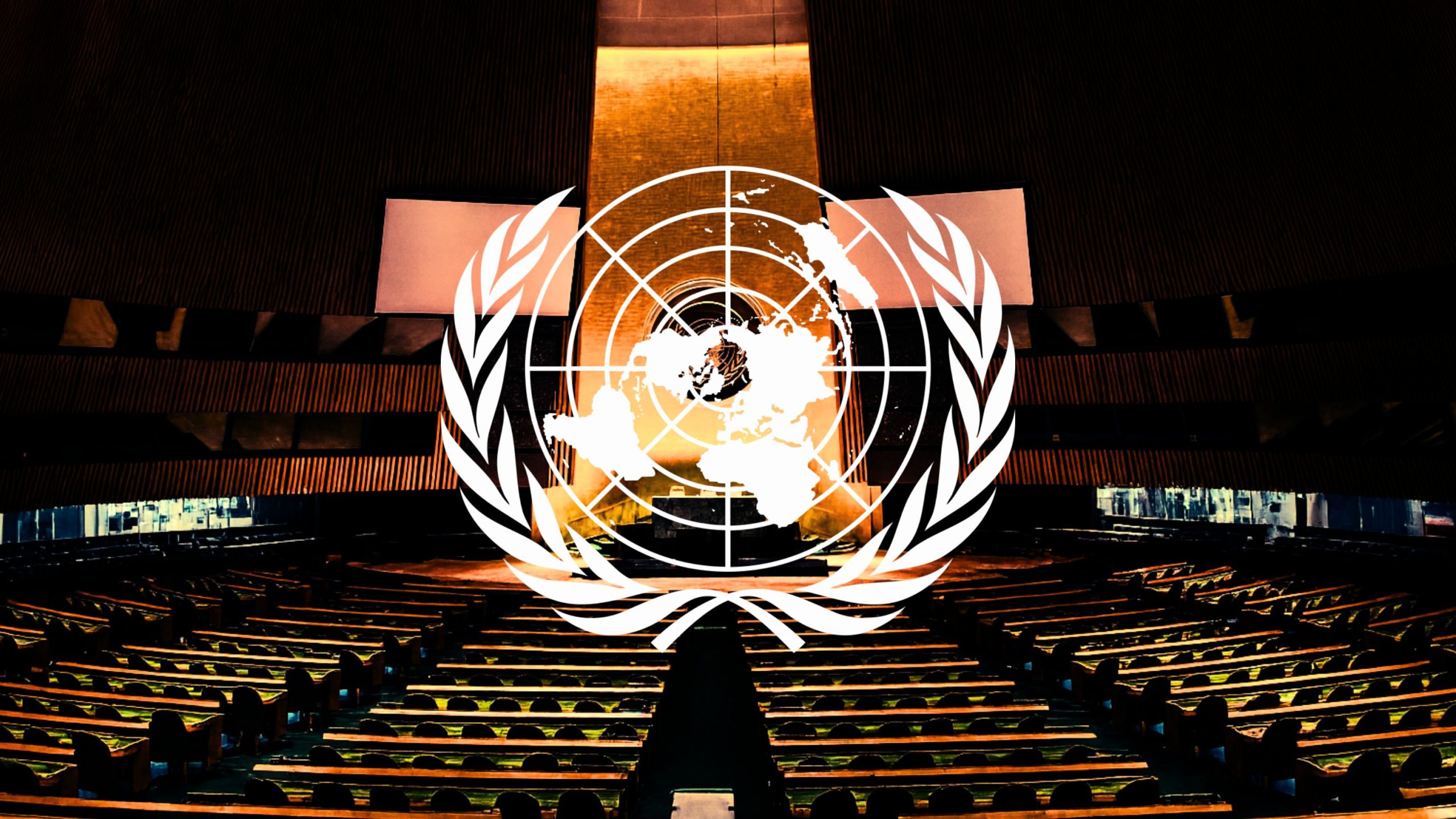
reclaimthenet.org
Global Cybercrime Treaty Draws Criticism from Rights Groups and Tech Companies Over Surveillance Fears
If you're tired of censorship and dystopian threats against civil liberties, subscribe to Reclaim The Net.
Sixty-five countries, including the United States and Canada, have signed a United Nations treaty on cybercrime that threatens privacy, online research, and free expression.
The agreement, known as the UN Convention against Cybercrime, was signed in Hanoi and will take effect once 40 member states have ratified it.
Each country must complete its own ratification process. In the United States, a two-thirds Senate vote is required for approval.
The UN Secretary-General António Guterres described the treaty as an essential step in combating cybercrime, saying that “cyberspace has become fertile ground for criminals…every day, sophisticated scams defraud families, steal livelihoods, and drain billions of dollars from our economies.”
He called the Convention “a powerful, legally binding instrument to strengthen our collective defenses against cybercrime” and insisted it “cannot be used for any forms of surveillance or others that could be linked to violations of human rights.”
The UN Office on Drugs and Crime (UNODC), which directed negotiations, has argued that the treaty includes protections for human rights and legitimate research.
But organizations such as Human Rights Watch (HRW) and the Electronic Frontier Foundation (EFF) disagree.
Before the signing, both groups urged governments not to endorse the treaty, warning that its vague definitions could allow governments to monitor citizens, prosecute security researchers, and suppress political speech.
Technology companies have also raised concerns. The Cybersecurity Tech Accord, whose members include Meta and Microsoft, described the treaty as a “surveillance treaty” that could promote government data sharing and criminalize ethical hacking.
Vietnam, the host of the signing ceremony, has faced repeated criticism over online censorship. The US State Department recently cited “significant human rights issues” in the country, and Human Rights Watch reports that at least 40 people have been arrested this year for online activity.
Vietnam’s President Luong Cuong welcomed the treaty, saying it “not only marks the birth of a global legal instrument, but also affirms the enduring vitality of multilateralism, where countries overcome differences and are willing to shoulder responsibilities together for the common interests of peace, security, stability and development.”
Supporters argue that the agreement will improve coordination against crimes such as ransomware, phishing, and online trafficking. Opponents maintain that the treaty’s broad provisions could enable governments to misuse cybercrime laws to pursue journalists, researchers, and activists.
The signing of the Cybercrime Convention comes as Guterres continues to expand his call for global action against what he describes as “mis- and disinformation,” and “online harassment.”
Speaking at the World Meteorological Organization’s conference in Geneva, Guterres linked the spread of “false” information to public confusion about climate change and urged governments to “resist false narratives” and defend scientific research from distortion.
“We must fight mis- and disinformation, online harassment, and greenwashing,” he told delegates.
If you're tired of censorship and dystopian threats against civil liberties, subscribe to Reclaim The Net.
The post Global Cybercrime Treaty Draws Criticism from Rights Groups and Tech Companies Over Surveillance Fears appeared first on Reclaim The Net.










